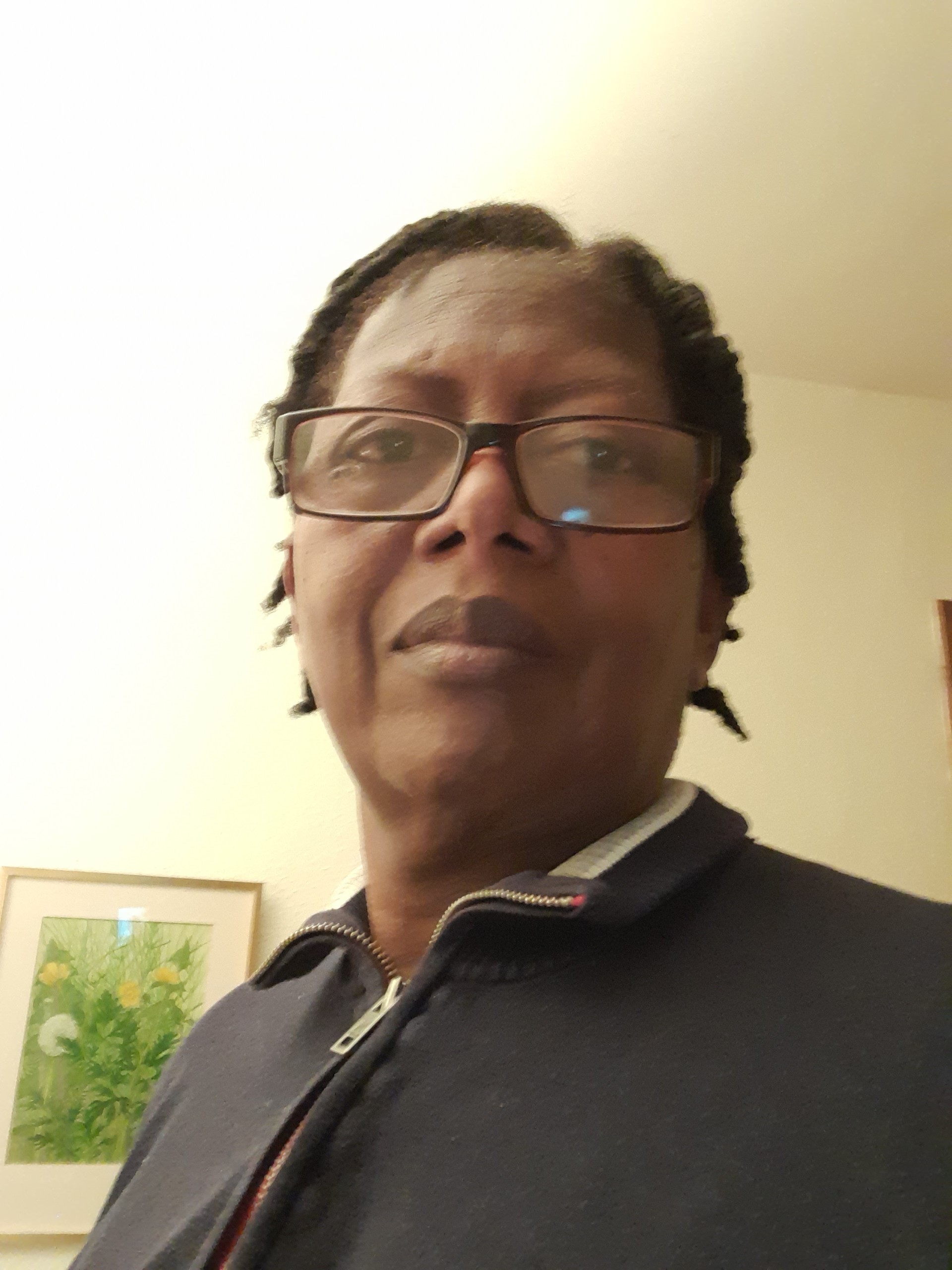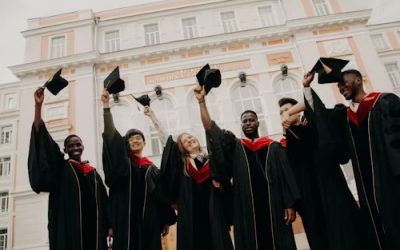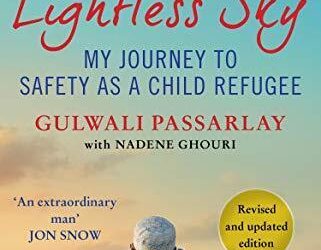Althia Anson-Barnett
Understand the importance of including Black representation in our education system and celebrate the Black women (#SalutingOurSisters) who sacrifice so much for their children.
________________________________________________________________________________
In this second conversation with remarkable Black women as part of our support of Black History Month (BHM), TogetherintheUK (TGIUK) spoke with Althia Barnett. Althia was born in Jamaica and migrated to the UK in 2002. She joined a writing group in Birmingham and was motivated to become a community journalist and a poet. She is one of the outstanding writers in the TGIUK’s anthology of migrant writings, Hear Our Stories, released in August 2023.
Althia, can you share what BHM means to you?
Black History Month is just another date on the calendar; it really does not resonate that much with me. I am more concerned about what I consider a White European-centric National Curriculum. The way I see it, not enough Black History is taught in schools, and what is taught is far too narrow in scope. Racial history tends to be more American-centric, while minimal UK Black history is taught. Our [Black] history is stifled too much; students are taught a white-washed version of UK history as if Black people did not contribute to UK history and economic development. We will only feel comfortable once the history of all colours and creeds is taught equally. Without doubt, inclusive education plays a critical role in establishing identity and combating racist beliefs and stereotypes.
Althia is not the only person concerned about the lack of Black representation in UK history and within the National Curriculum. There are calls for more comprehensive Black representation across all subjects, including literacy, mathematics, science, and music.
• The Black Curriculum report, by Dr Jason Arday of Durham University, is part of a growing campaign in education to have Black British history embedded in the National Curriculum rather than just during BHM.
• The Black Curriculum is a social enterprise founded in 2019 to address the Eurocentricity found in local and national curriculums. It aims to provide young Black people with a sense of belonging and identity through education.
• Troy Deeney, former Birmingham City FC Captain, conducted a vigorous campaign to make teaching Black, Asian and Minority Ethnic histories and experiences mandatory in the school curriculum.
• Wales is the first nation in the UK to mandate Black history lessons across its National Curriculum. All learning areas will reflect the diverse experiences and contributions of Black, Asian, and Minority Ethnic communities and individuals in both past and present Wales.
• The UK Government aims, through its Model History Curriculum, due in 2024, for pupils to benefit from a high-quality and diverse history.
• Other organisations supporting the campaign include the Coalition of Anti-Racist Educators and the Black Educators Alliance
• Read Black and British: A Forgotten History by David Olusoga, for a comprehensive and important history of Black Britain.
Each year, BHM holds a central theme; this year, BHM is #Saluting Our Sisters, a celebration of Black women. Is there any woman you would like to salute?
I haven’t looked at the theme this year, but I know that Black sisters play a significant role in our society, and I am delighted that they are being recognised and celebrated. However, there is one woman that I admire greatly: Doreen Lawrence, now the Baroness Lawrence of Clarendon OBE. For thirty years, she has consistently and unapologetically stood up and fought for justice after the horrific, unprovoked racist murder of her son, Stephen, in London in 1993 and the subsequent failure of the criminal justice system. Her fight has cost her so much, but she has never given up her battle for justice and equality. I salute Baroness Doreen Lawrence. I always salute all sisters who make society better for us to live in.
One of the aims of BHM is to educate people and to bring about change to create a more equitable society. What changes do you think are needed?
Change is needed in the UK for a better and more equal society. It feels impossible to list all the areas affecting my community and the whole population. However, a good start would be to ensure better wages and improved living standards. I also want the government to give as much consideration, investment, and understanding of areas in the whole of the UK, rather than, as it appears to me, just focusing on the needs of those living in London.
As a published writer and a community journalist, why do you think it is important for migrants to tell their own stories?
I think it is imperative to hear stories from migrants themselves. Through their own words, they can paint an accurate picture of what they have been through; this empowers them to speak the truth. It is sad to say that when migrants speak to journalists, they may not tell all their stories or the complete truth because they fear repercussions. However, it is essential that migrants and refugees tell their stories and that the public, the policymakers, and the media listen to those stories and not merely focus on the individual telling the story but on the circumstances that brought their situation about. It is just one of the reasons that TogetherintheUK has a vital place in our society; they endeavour to share the words of migrants, with as broad an audience as possible, to educate people.
Althia, your poem Fighting with my Conscience was featured in the TGIUK anthology Hear Our Stories. It is very poignant and reflects the terrible dilemma faced by many migrants forced to leave their families behind to find work for economic reasons. Can you tell us the backstory of your poem?
My story is a genuine reflection of how I felt when I left my young children behind in Jamaica. They were only schoolchildren, and it was heart-breaking but necessary. I had lost my job at the school where I was working. My boss had lost the contract at the location, and I had to make a quick decision of what to do to provide for my children, to keep them in school and help look after my parents; as I say in my poem, it was,” all for love’s sake”. All these feelings and thoughts were going through my head. Sadly, for me and my family, we too, know the feeling when migrants must leave everything they love and own to seek better lives for themselves and their families.
I weep for my children and my life. When darkness falls
and the night is silent,
I put my head down and I cannot go to sleep.
The thoughts of my homeland and loved filled years of
what I left behind,
The effortless tears flood my eyes, and I am filled with fear.
Fighting with my Conscience by Althia Anson-Barnett
For further information on Black History Month
Black History Month Organisation
BBC- What is Black History Month, and why does it matter?
To read more about the lives and impacts of migrants on UK society, go to TogetherintheUK.
To purchase a copy of Hear Our Stories, an anthology of migrant writings compiled by TogetherintheUK, go to Support Us.







